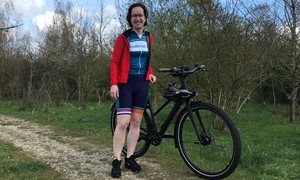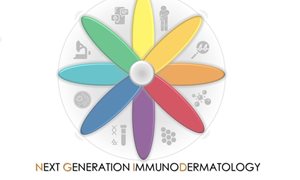 Often medicines are being used in daily practice for situations and patients which are not investigated in the original randomized controlled trials (RCT). Wietske Kievit and Floor Berden have illustrated this paradox in a recent PlosOne paper.
Often medicines are being used in daily practice for situations and patients which are not investigated in the original randomized controlled trials (RCT). Wietske Kievit and Floor Berden have illustrated this paradox in a recent PlosOne paper.
Paradox
Pharmaceutical companies are under increasing scrutiny because of their strategy for gaining market access and reimbursement authorisation for novel drugs. The tool most often used is that of a randomised controlled trial (RCT) in a highly selected population that has a high chance of responding on the treatment but a low chance of developing side effects. This population differs to a large extent from real-life patients, who have diverging characteristics that can influence effectiveness and safety; these include co-morbidity, age and disease severity. This leads to the paradox that medicines are being used in daily practice for situations and patients which are not investigated in the original trials.
Senior researcher Wietske Kievit (department for Health Evidence) and PhD candidate Floor Berden (Gastroenterology and Hepatology) (photo below) have illustrated this paradox in a recent paper published in PlosOne. They researched the situation with protease inhibitors telaprevir and boceprevir for hepatitis C patients. Nearly half of real world hepatitis C patients would have been excluded from registration trials, and these patients developed more serious adverse events than eligible patients.
Better research
In a publication in the journal ‘Nederlands Tijdschrift voor Geneeskunde (NTvG)’Kievit and Berden discuss research designs that can complement findings from RCTs, such as pragmatic trials, enriched trials, adaptive pathways, early access programs and patient registries. The aim is to stimulate debate among different stakeholders so that they answer the right question at the right time using a suitable research methodology.
PlosOne: Limited Generalizability of Registration Trials in Hepatitis C: A Nationwide Cohort Study
NTvG: Nieuwe geneesmiddelen sneller beschikbaar voor juiste patiënt
Te streng deurbeleid registratiestudies
Floor Berden Wietske Kievit
Related news items

Researcher Marleen van Gelder cycles to Norway Action for research on preterm births
14 April 2022 A special action by colleague Marleen van Gelder, assistant professor in the Department of Health Evidence. In exactly two months' time, she will be getting on her bicycle to draw attention - and especially money - to research into premature births. go to page
Large NWA ORC grant awarded for national skin research: Next Generation ImmunoDermatology
23 March 2022Research for better treatment methods for chronic skin diseases.
go to page
Body composition is more important than BMI for renal cancer survival rates
11 January 2022 Body composition is important for survival rates in renal cell cancer. Research from the Radboudumc shows that low muscle quality and low organ fat are associated with poor survival. This involves different stages of renal cancer, ranging from stage I-III to stage IV. go to page
Mireille Broeders appointed member of the Dutch Health Council
16 November 2021 Mireille Broeders, professor of Personalized Cancer Screening, has been appointed as a member of the permanent Committee on Population Screening of the Dutch Health Council (Gezondheidsraad). go to page
